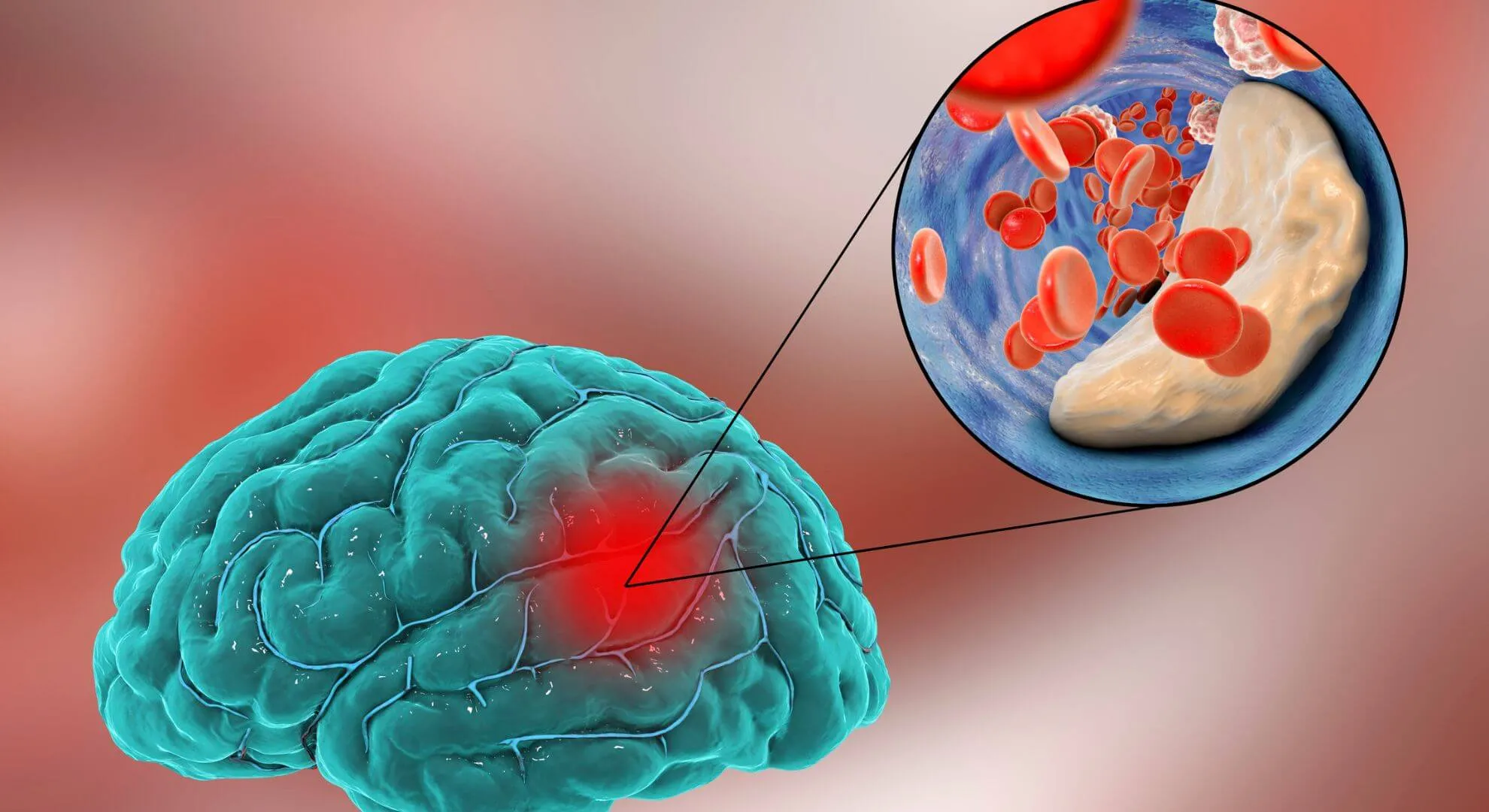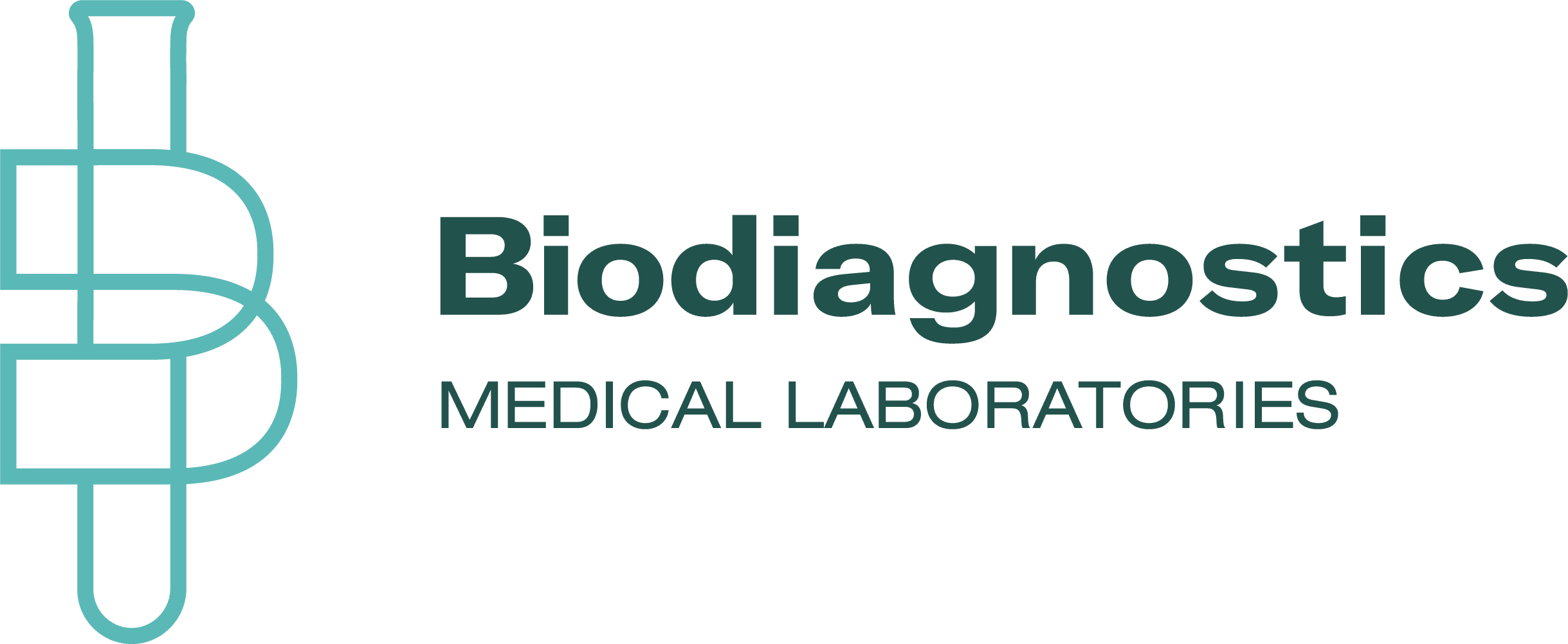
Ischaemic stroke is a critical medical emergency that requires swift intervention to minimize potential damage to the brain. At Biodiagnostiki, we understand the urgency of accurate and timely diagnostics in the face of ischaemic stroke. This article aims to shed light on ischaemic stroke, its causes, symptoms, and the advanced diagnostic technologies that can make a significant difference in patient outcomes.
Understanding Ischaemic Stroke:
An ischaemic stroke occurs when blood flow to a part of the brain is obstructed, typically by a blood clot or plaque buildup in the arteries. This interruption in blood supply deprives brain cells of oxygen and nutrients, leading to cellular damage or death.
Causes and Risk Factors:
Several factors contribute to the development of ischaemic stroke, including:
Symptoms of Ischaemic Stroke:
Recognizing the signs of a stroke is crucial for immediate intervention. Common symptoms include:
Advanced Diagnostic Technologies:
At Biodiagnostiki, we leverage cutting-edge technologies to facilitate rapid and accurate diagnosis of ischaemic stroke. These include:
Early Diagnosis, Better Outcomes:
Time is of the essence when dealing with ischaemic stroke. Our commitment to advanced diagnostic technologies ensures that healthcare professionals can swiftly and accurately diagnose ischaemic stroke, enabling them to administer appropriate treatment and interventions promptly.
Ischaemic stroke requires rapid response and accurate diagnostics for optimal patient outcomes. At Biodiagnostiki, we are dedicated to providing healthcare professionals with state-of-the-art diagnostic tools to navigate the landscape of ischaemic stroke effectively. Together, we strive to make a difference in the lives of those affected by this critical medical condition. If you have concerns about stroke risk or symptoms, consult with your healthcare provider and explore our advanced diagnostic services for comprehensive care.
